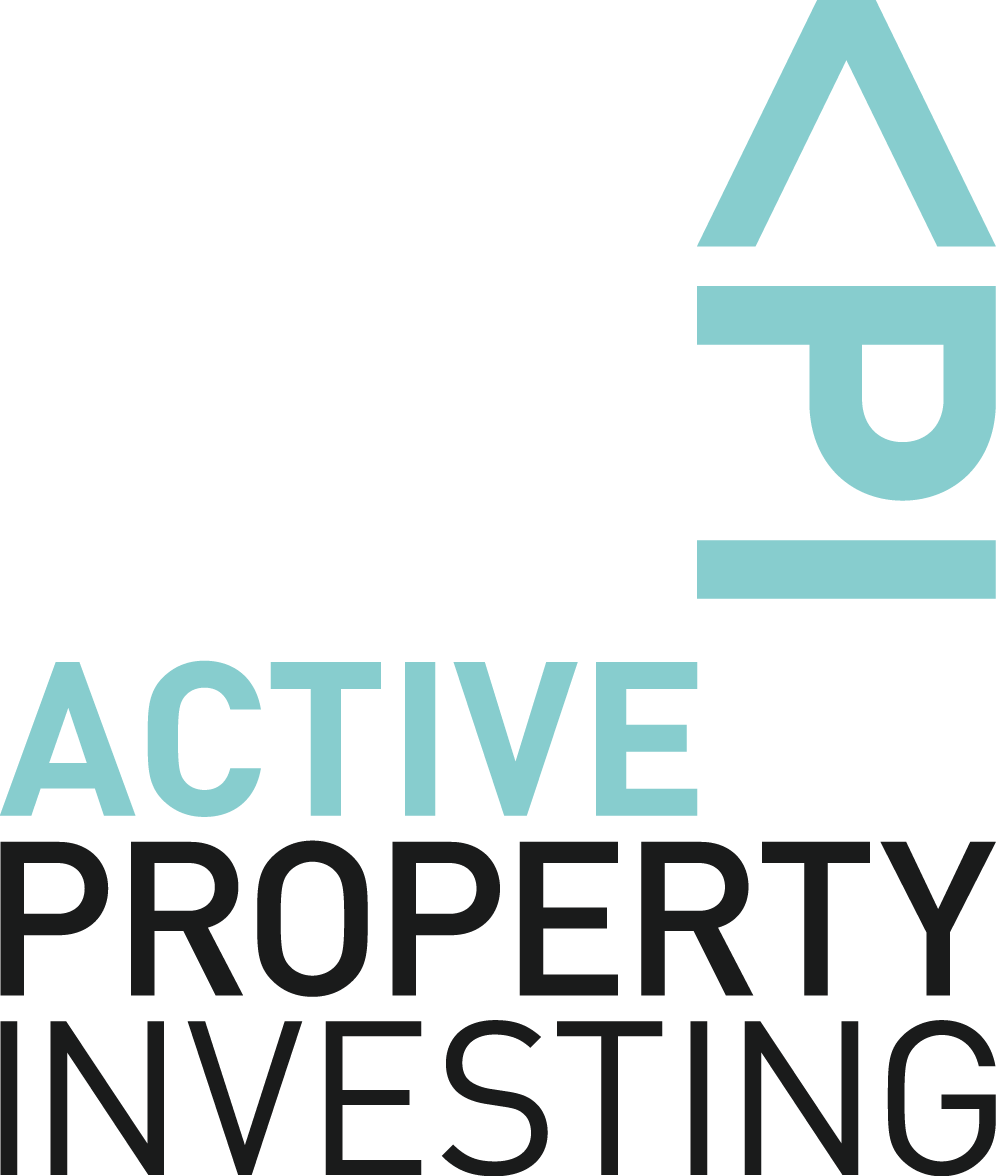We are even more money conscious now that the RBA has dished out 11 rate rises. The question is ‘what can we do’ to improve our situation. Our friends at The Loan Lounge had some wonderful tips that we want to share with you.
We all know being on our monetary best behaviour can help to land a home loan. But did you know there are common spending habits you may have that are red flags to lenders?
Smart money management and cutting back on expenses can help your home loan application. That’s no secret.
But a bit of measured discretionary spending can add a little spice to life. We’re human after all. And lenders will see this as normal.
However, there are certain spending habits and types of transactions that can be a red flag to lenders. And these may hinder your chances of home loan approval.
Check out our list of potentially problematic spending habits below; avoiding them just might make all the difference when you apply for your next home loan.
PayPal transactions
There’s nothing inherently wrong with using PayPal. It’s often a convenient and safe way to make online purchases.
But many expenses that lenders may scrutinise, such as online gambling, and other unmentionable vices, use PayPal with vague descriptors.
This makes it easier to hide spending habits some may not want the world to know about.
And even if your PayPal spending is mundane, if the descriptions are vague, lenders may still raise an eyebrow.
Purchases through bank accounts on the other hand make it easier for lenders to see your spending habits when assessing your application.
Buy now, pay later
It can be tempting to use a buy now, pay later (BNPL) service to splurge on a new outfit and leave future you to stump up the cash.
However, even though BNPL services aren’t traditional credit products, they can still affect your credit score.
That’s because when you apply for a BNPL service, there’s a chance it may be recorded as an enquiry on your credit report – and these enquiries may impact your credit score.
Worse still, a few missed payments later and that purchase may not seem like such a hot idea – BNPL services can notify credit reporting agencies that you’ve defaulted on a payment, leaving you with a blemish on your credit report.
Last but not least, the Australian Prudential Regulation Authority (APRA) recently amended its framework to include BNPL debts in the reporting of debt-to-income (DTI) ratios.
And a high DTI can lessen your home loan borrowing capacity, or even lead to rejection.
Dipping into savings too often
Having regular savings locked away, untouched, and accruing interest … well, that can make lenders smile when assessing your mortgage application.
But as we all know, life happens. Unexpected expenses may crop up that require you to dip into your savings.
This isn’t the end of the world when applying for a mortgage, but pinching too much from your piggy bank might get lenders thinking that you’re unable to put money aside and budget.
This could lead lenders to believe that you will struggle to make regular repayments.
Store credit cards
Many stores will entice you with swanky perks in return for signing up for their credit card. But often, when you look past the interest-free period sparkle, the interest rates are rubbish.
One or two forgotten payments can really end up costing you.
Also, lenders may view having a multitude of store cards as “fishing for credit” – sourcing credit from different places may make it look like you’re scrambling for money.
And every time you apply for a store credit card, your credit report is pinged, which as mentioned previously, can harm your overall score.
Frequent large ATM withdrawals
Some people still prefer to use cash, which is fine. But keep in mind that in the eyes of lenders it may make your spending habits hard to track.
Lenders may question your withdrawals. If you have a fair explanation, and possibly some supporting documentation, then cash withdrawals likely won’t have a negative effect on your application.
However, keep in mind that withdrawing a few hundred dollars every Friday night at the local service station or bottleo ATM isn’t a great look.
Thank you Thy Ha and Nathaniel Truong from Loan Lounge for sharing your insights.

